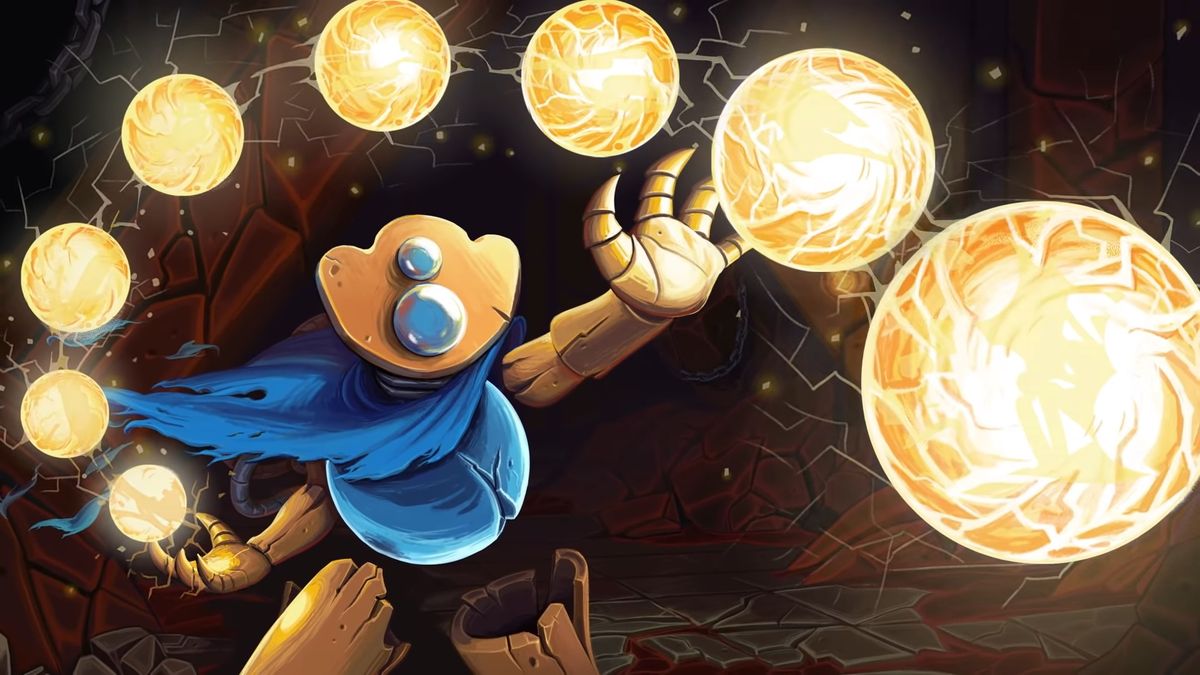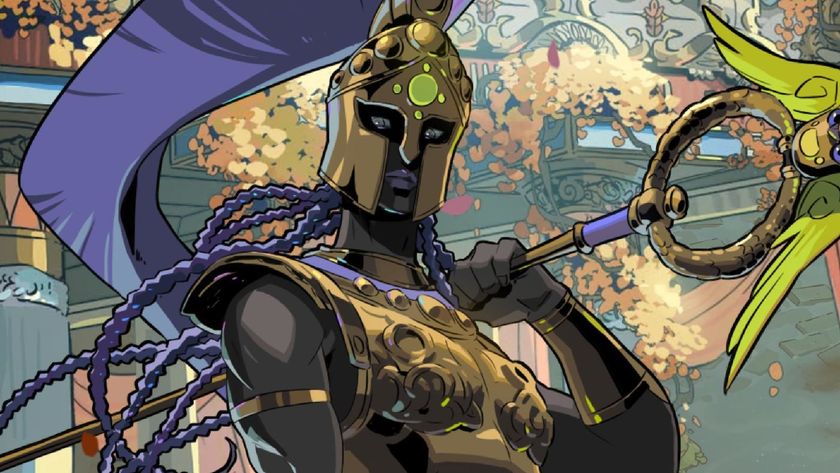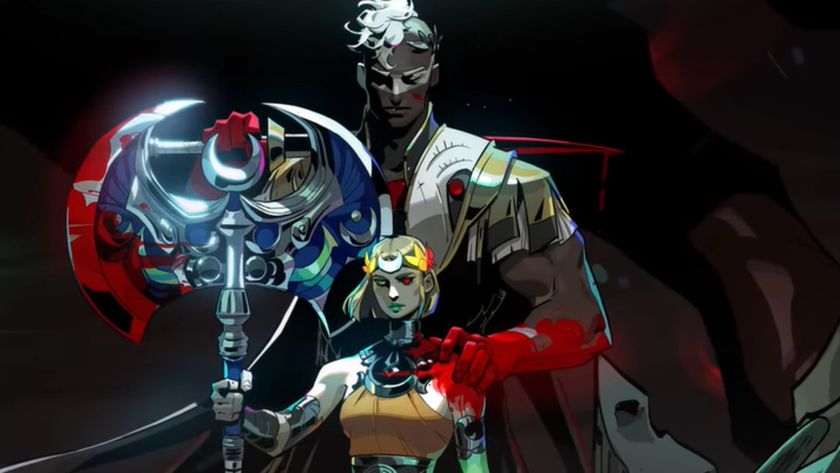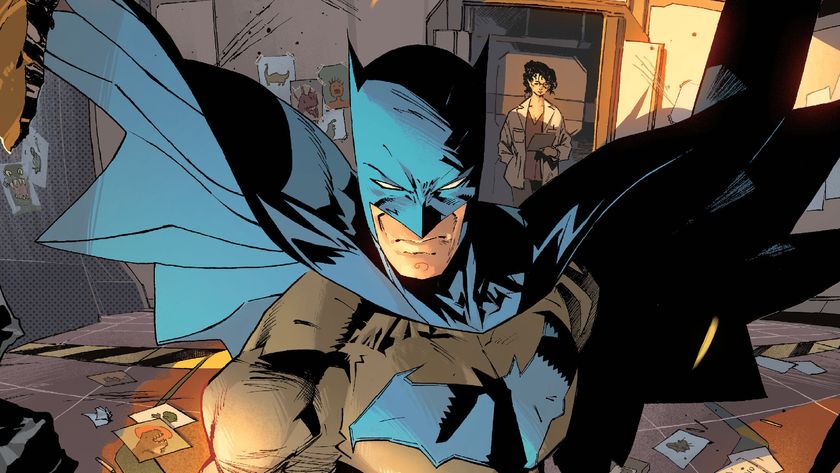
The developer of Slay the Spire, one of the best roguelikes of the last decade, has made its first-ever public statement decrying the proposed Unity changes, announcing it will switch engines for its new game unless those changes are reversed – earning raucous applause from other indie studios in the process.
Slay the Spire launched in early access in late 2017, and saw its full release two years later. In that time, it's helped kickstart the entire 'roguelike deckbuilder' genre, amassing 117,000 Overwhelmingly Positive reviews on Steam along the way. Its developer, Mega Crit, has been working on a new game for the past two years, but while Slay the Spire was built in a free game engine based on Java, the new game is built in Unity.
In a statement on Twitter, Mega Crit said that "the retroactive pricing structure of Runtime Fees is not only harmful in a myriad of ways to developers - especially indies - it is also a violation of trust. We believe Unity is fully aware of this, seeing as they have gone so far as to remove their [Terms of Service] from GitHub."
👋 @unity pic.twitter.com/mBCfb8li3zSeptember 13, 2023
"Despite the immense amount of time and effort our team has already poured into development on our new title, we will be migrating to a new engine unless the changes are completely reverted and TOS protections are put in place." As well as dropping that bombshell, Mega Crit ends its message by saying "we have never made a public statement before. That is how badly you fucked up."
The backlash against the Unity changes has been swift, with multiple indie developers issuing statements similar to Mega Crit's. You'll find several indies in the studio's Twitter replies, with Among Us dev InnerSloth and Another Crab's Treasure dev Aggro Crab exchanging supportive emojis with Mega Crit.
"This is the single best official professional statement I have ever read," remarks one follower. "We're heated," Mega Crit replied.
Unity has attempted to assuage fears with a new statement suggesting that the fees won't apply to most development projects, but it's clear there's minimal trust in the company's processes.
Sign up to the 12DOVE Newsletter
Weekly digests, tales from the communities you love, and more
Mega Crit stating that it's prepared to jump ship is an interesting case study. The runaway success of Slay the Spire has likely afforded the studio much more financial room to breathe than most other developers will have, and with no information about the new game available to the public yet, player expectations are at a minimum. For developers much further down the pipeline, there's little ability to change tack, likely forcing them to stick firmly with their original plans.
That said, in an interview discussing the Unity changes, former Vlambeer developer Rami Ismail mentioned that developers with knowledge of multiple engines were successfully leveraging their skills to secure jobs helping companies port their games to a new framework. This could be a time of substantial upheaval across the industry, and companies like Mega Crit are just the start.
One indie dev calculated the true cost of the new fees on their viral games.

I'm GamesRadar's news editor, working with the team to deliver breaking news from across the industry. I started my journalistic career while getting my degree in English Literature at the University of Warwick, where I also worked as Games Editor on the student newspaper, The Boar. Since then, I've run the news sections at PCGamesN and Kotaku UK, and also regularly contributed to PC Gamer. As you might be able to tell, PC is my platform of choice, so you can regularly find me playing League of Legends or Steam's latest indie hit.
Most Popular








